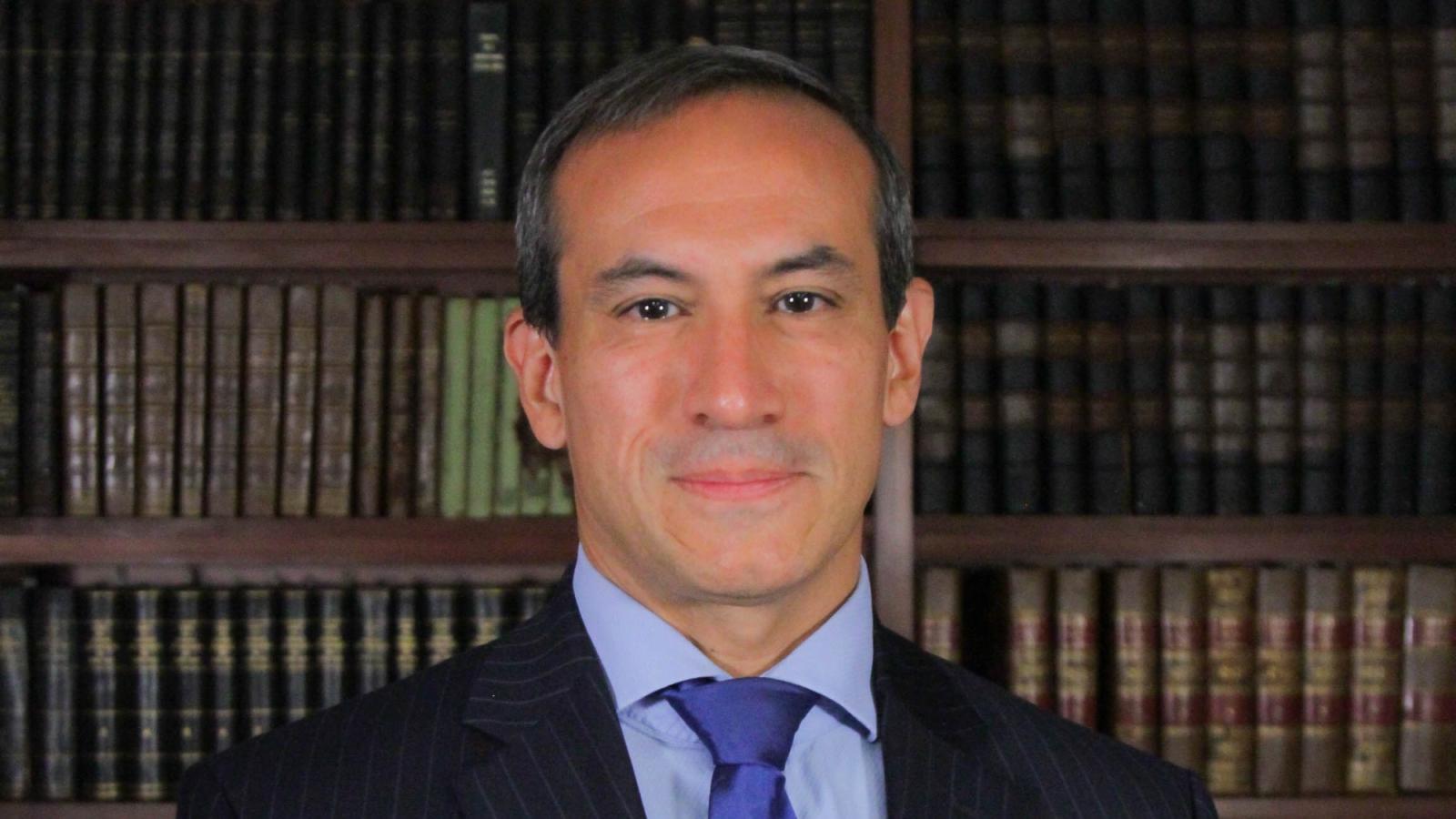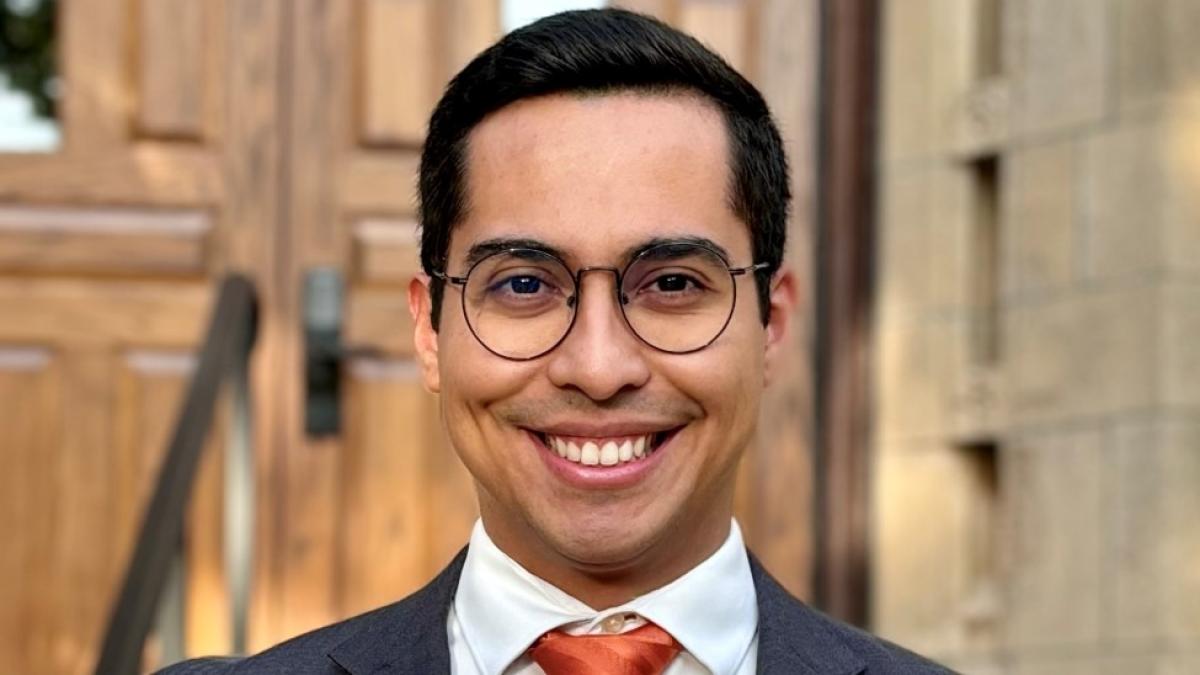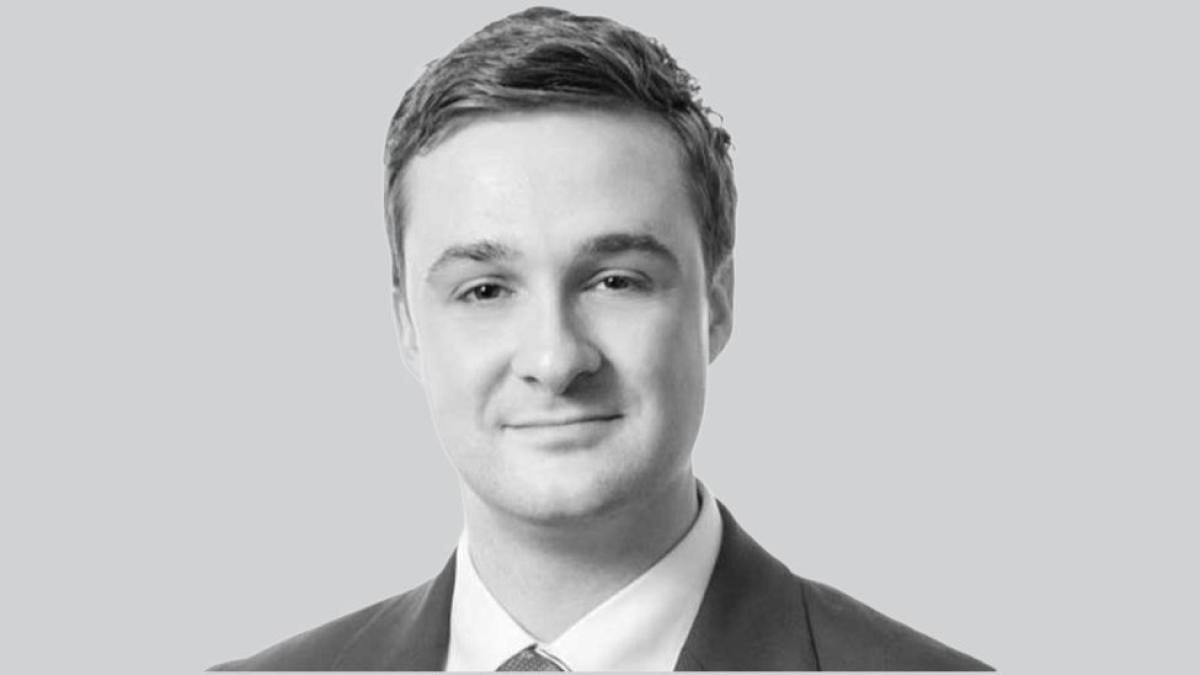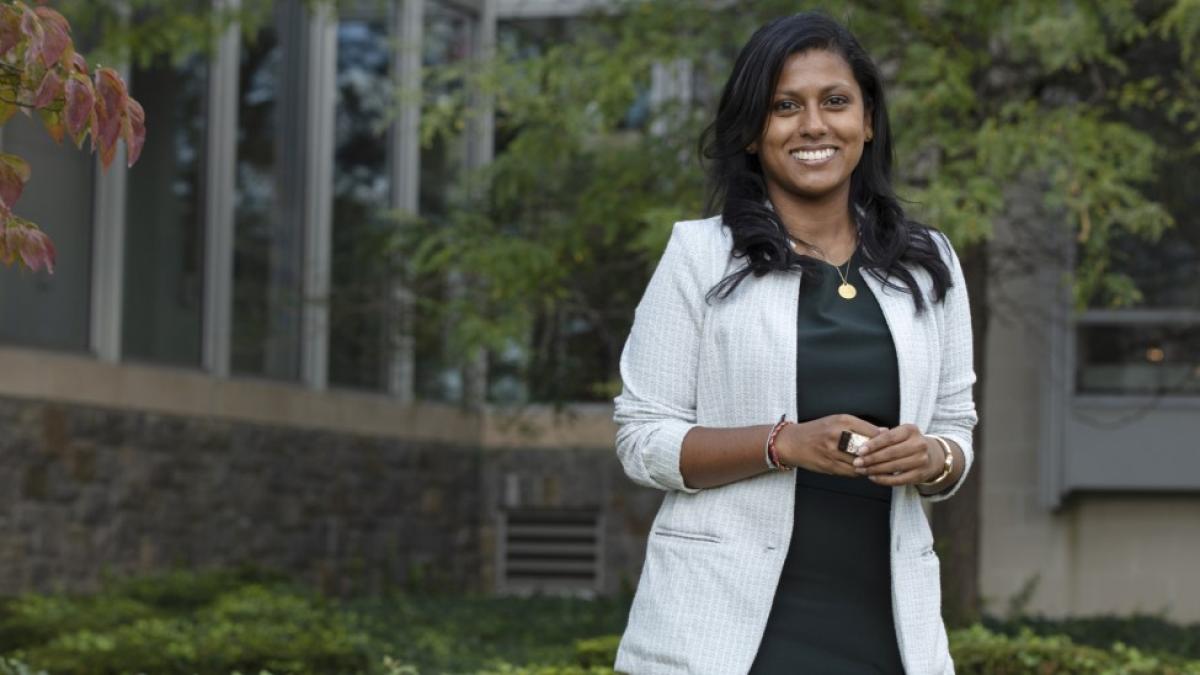The Elisabeth Haub School of Law at Pace University is proud to announce that Samuel Carvalho has been selected to serve as the new Pace Energy and Climate Center Graduate Fellow. This position is reserved for outstanding Pace Haub Law students who demonstrate exceptional academic and research skills, as well as a strong commitment to climate change and energy law.
Arbitration Scholar, Professor Imre Szalai, Joins Elisabeth Haub School of Law at Pace University Faculty

The Elisabeth Haub School of Law at Pace University is pleased to announce that Imre Szalai, a nationally-known scholar focusing on arbitration and the Federal Arbitration Act, will join the faculty as a full Professor of Law with tenure beginning in Fall 2025. Professor Szalai will teach courses on contracts, commercial arbitration, civil procedure, and legal ethics.
Professor Szalai has served as a commercial arbitrator in numerous cases, and he has written books, book chapters, and dozens of articles about arbitration. He is particularly interested in the historical development of arbitration practices and arbitration law. Working together with his students, he has written several amicus briefs regarding arbitration matters, and his work has been cited by courts of all levels and during Congressional hearings. Most recently, Professor Szalai was the Jones Walker Distinguished Professor at Loyola University New Orleans College of Law. Prior to that, Professor Szalai practiced antitrust law in New York City, and he then handled complex commercial disputes with a law firm in Miami, Florida, representing clients in connection with court proceedings and arbitration matters across various jurisdictions.
“Professor Szalai’s unique interest in the historical development of arbitration will complement Haub Law’s strong alternative dispute resolution curriculum, which has become an area of prestige at the Law School,” said Dean Horace E. Anderson, Jr. “His impactful scholarship and experience will bolster the student experience and provide additional opportunities for students to explore and develop skills in alternative dispute resolution processes. We look forward to Professor Szalai joining the Haub Law community.” In the most recent U.S. News and World Report rankings of specialty programs, Haub Law was ranked #18 for Dispute Resolution.
“New York is the birthplace and the center of commercial arbitration in the United States – Haub Law’s location and history of excellence in the field of arbitration and alternative dispute resolution is unbeatable,” said Professor Szalai. “The level of student achievement and faculty scholarship at Haub Law is extremely impressive. I look forward to joining the active scholarly community, sharing my passion with students, and helping students explore and engage with the many professional opportunities related to arbitration that the region affords.”
Professor Szalai graduated from Yale University, double majoring in Economics and Classical Civilizations, and he received his law degree from Columbia University, where he was named a Harlan Fiske Stone Scholar. He is frequently interviewed and quoted in various media outlets, including the New York Times, the Economist, USA Today, the LA Times, NPR’s Marketplace, Forbes, CNN, Money, Time, and many others. Professor Szalai also maintains a blog about arbitration.
Haub Law recently announced the expansion of its faculty with the additions of Professor Lauren Roth, a health law and business law scholar, Professor Kate Skolnick, a seasoned public defender and criminal law scholar, and Professor Gregory Antill, a criminal law and philosophy scholar. The Elisabeth Haub School of Law at Pace University is proud to have more than 130 legal experts as members of its full-time and adjunct faculty. Faculty members are lawyers with outstanding academic credentials and extensive legal experience. They are student-centered educators who bring their diverse practice experience to the classroom. Through either prior or ongoing active careers as attorneys—whether as litigators, counselors, regulators, legal reformers, policymakers, judges, clerks, or counselors—our faculty have unique perspectives informed by their work in multiple fields of law in the private and public sectors.


